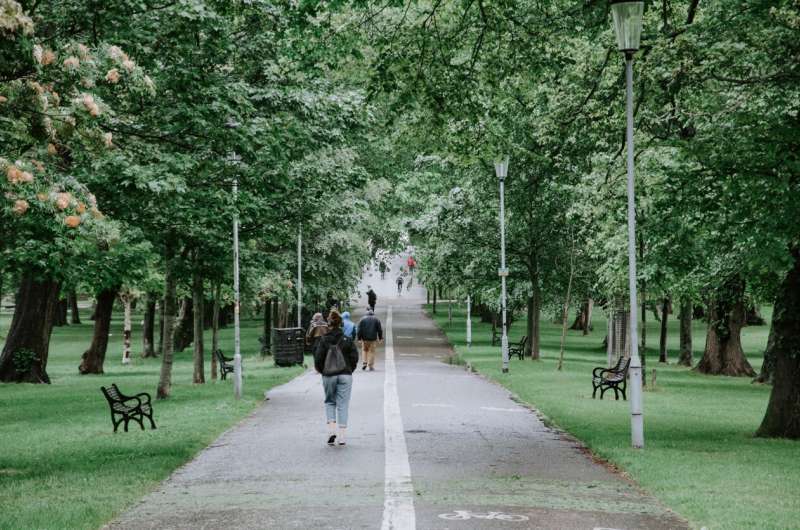Outdoor Activities Help Reduce Loneliness and Empower Culturally and Linguistically Diverse Women

Research shows outdoor activities significantly reduce loneliness and foster empowerment among culturally and linguistically diverse women by enhancing community engagement, cultural exchange, and mental health.
Recent research conducted by RMIT University highlights the positive impact of outdoor activities on culturally and linguistically diverse (CALD) women. The study, titled "Social, Accessible, Fun, and Equitable" (SAFE), demonstrates that engaging in outdoor pursuits can significantly diminish feelings of loneliness while strengthening community bonds. The findings emphasize that participation in outdoor activities not only fosters a sense of belonging but also provides opportunities for cultural exchange, personal empowerment, and social connection.
Lead researcher Dr. Ancy Gamage explains that these activities enable CALD women to connect with their communities, share cultural traditions, and build confidence in inclusive environments. Some women even take leadership roles in organizing and leading outdoor events, further enhancing their sense of empowerment. The research also points to substantial mental and physical health benefits, including improved well-being and reduced anxiety, especially when mindfulness practices are incorporated into outdoor settings.
Participants shared inspiring stories, such as sharing cultural traditions like coffee ceremonies or engaging in outdoor cultural festivals, which foster a deep sense of connection. Engaging in outdoor recreation helps to break down cultural and social barriers and challenge existing stereotypes about outdoor space being primarily a white, masculine, or able-bodied domain.
To support increased accessibility and participation, the study recommends various strategies for organizations, including collaboration with community groups to deliver culturally relevant activities, providing multilingual signage and safety information, supporting equipment borrowing schemes, and adapting activities to respect religious and cultural practices.
A notable example from the study is Arianna, a Filipino woman who founded "Bite Sized Rides," a cycling group aimed at women of color. Since its inception, the group has grown to over 100 members, offering various rides that promote community, physical activity, and cultural expression. Arianna's initiative showcases how creating welcoming, inclusive spaces can empower women of diverse backgrounds and foster community leadership.
Overall, the research underscores the importance of outdoor activities in promoting mental health, social cohesion, and cultural empowerment among CALD women, illustrating how community-driven efforts can lead to more inclusive and connected societies.
Source: https://medicalxpress.com/news/2025-09-outdoor-loneliness-empower-culturally-linguistically.html
Stay Updated with Mia's Feed
Get the latest health & wellness insights delivered straight to your inbox.
Related Articles
Essential Tips for Staying Safe While Enjoying the Beach and Pool This Summer
Discover essential safety tips for enjoying the beach and pool this summer. Learn about rip currents, sun protection, pool safety, and weather precautions to keep your family safe during water activities.
Creating a Climate Safe Room: Protecting Your Home from Extreme Heat and Cold
Discover how to create a Climate Safe Room in your home to protect against extreme heat and cold, improve energy efficiency, and enhance indoor comfort with simple, cost-effective measures.
Midlife Weight Loss Associated with Increased Longevity and Better Health
Losing weight during middle age through sustainable lifestyle changes can lead to longer, healthier lives and reduce the risk of chronic diseases, according to a large long-term study.
Embracing Nature-Based Therapy: Enhancing Healthcare Through Fresh Air and Green Spaces
New research highlights the vital role of outdoor environments in promoting health and well-being, urging healthcare to integrate nature-based therapies into routine practice to benefit diverse patient populations.



